“Dear valued customers, please be informed that the current power outage is due to a system failure from the national grid. The system collapsed at about 16:28 hours today 28 March 2024, causing the outage currently being experienced across our franchise area. “We appeal for your understanding as all stakeholders are working hard to restore normal supply.”
With the above lines, the Abuja Electricity Distribution Company (AEDC) announced a national blackout, which is gradually becoming a national culture. The national grid collapse of March 28 is at least the fifth such national embarrassment in six months. On February 4, 2024, September 14, 2023 and on December 12, 2023, the grid went down, and power generation plummeted from 4,032.8MW to 43.5MW. To put this national shame in more perspective, the International Energy Agency recently reported that Nigeria’s national electricity systems collapsed 46 times from 2017 to 2023. On March, 5, 2024 the Senate had to endure some intense heat in their chambers when power cut delayed the onset of proceedings.
Join our WhatsApp ChannelREAD ALSO: Electricity Tariff Hike: NERC Fines Abuja DisCo ₦200m For Violation, Directs Customer Refunds
Like the power sector, many questions trail the blatant failures in local fuel refining and steel exploration, with great potentials in these areas wasting. While Nigeria has one of the world’s largest reserves of crude oil, the country recently went from over 20 years of importation of refined fuel to actually importing crude oil for Dangote refinery, an unraveling investment circus.
One has always been tempted to ask: What is the problem with power in Nigeria? The country is blessed with an abundant supply of oil, sunshine and water resources, all great avenues of power generation. According to some estimates, with Nigeria’s stock of oil, gas, hydro and solar resources, the country has an electricity generation potential of 12.522 megawatts. Yet, the country is stuck with 4000 megawatts and far below. Why is it so?
This question has answers, but there is a disturbing level of political will to solve the problems. Analysts have expressed the concern that the lack of political will appears to be infesting national security problems, which is now connected to dire food shortages, and runaway inflation.
The privatization of government assets of the late 1980s did not work well in the electricity sector, with the collapse of the National Electric Power Authority, and Power Holding Company of Nigeria. The country had many private distribution companies, without concomitant production of electricity. Even, the distribution companies have at many times complained of poor resources to redistribute electricity from the production companies.
READ ALSO: ‘Govt Choking Us With Bills’: Nigerians Kick Against Electricity Tariff Hike
The production companies operate in difficult economic situations. They always struggle to buy raw materials often through importation, with the dollar drama and market volatility. Thus, they resort to bank loans, which derail efficiency because the producers often struggle to pay back the loans instead of increasing investment to stay efficient. Constant social instability also leads to the destruction of power installations by hoodlums.
READ ALSO: Nigeria’s Power Sector Journey: 2023 In Perspective
Individual, corporate and official corruption leads to power theft by consumers, who face poor metering, and sometimes exploitation from the distribution companies. Power officials are also accused of sharp practices that shortchange their companies, while government institutions abstain from paying electricity bills. On February 21, President Tinubu ordered the immediate settlement of electricity bills of 342 million Naira, owed to the Abuja Electricity Distribution Company (AEDC) by the presidential villa. This amount was what the presidency claimed as its rightful debt as against the 923 million Naira slammed on it by the AEDC. The latter had earlier on February 19 threatened to disconnect the villa and 86 federal ministries, departments and agencies over a debt reaching 47.20 billion Naira.
Poor production by the production companies means that there is often not enough to distribute. This has led to calls for the government to re-possess the private power companies. Analysts say this will not work due to the legal implications. Instead, government should work to support private operators. In essence, analysts continue to call for a re-assessment of the privatization policy of the Nigerian government because it has not worked in many other sectors.
READ ALSO: Metering All Consumers Only Way To Increase Revenue Collection By DisCos, Not Tariff Hike – Expert
The reassessment should focus on funding and financial assistance, stronger regulation, contracts, insurance, focused gas supply, security guarantees against vandalism, proper metering of consumers, etc.. Some analysts have argued against this type of move due to its implications to the tenets of privatization. Yet, this can be seen as subsidy or bailout due to its necessity in the present power quagmire. The Abia and Lagos States examples have already shown that government can do a lot to support the efforts of the private sector.
Dr Mbamalu, a Jefferson Fellow, is an Editor, Publisher and Communications Consultant. Follow on X: @marcelmbamalu
Dr. Marcel Mbamalu is a communication scholar, journalist and entrepreneur. He holds a Ph.D in Mass Communication from the University of Nigeria, Nsukka and is the Chief Executive Officer Newstide Publications, the publishers of Prime Business Africa.
A seasoned journalist, he horned his journalism skills at The Guardian Newspaper, rising to the position of News Editor at the flagship of the Nigerian press. He has garnered multidisciplinary experience in marketing communication, public relations and media research, helping clients to deliver bespoke campaigns within Nigeria and across Africa.
He has built an expansive network in the media and has served as a media trainer for World Health Organisation (WHO) at various times in Northeast Nigeria. He has attended numerous media trainings, including the Bloomberg Financial Journalism Training and Reuters/AfDB training on Effective Coverage of Infrastructural Development of Africa.
A versatile media expert, he won the Jefferson Fellowship in 2023 as the sole Africa representative on the program. Dr Mbamalu was part of a global media team that covered the 2020 United State’s Presidential election. As Africa's sole representative in the 2023 Jefferson Fellowships, Dr Mbamalu was selected to tour the United States and Asia (Japan and Hong Kong) as part of a 12-man global team of journalists on a travel grant to report on inclusion, income gaps and migration issues between the US and Asia.

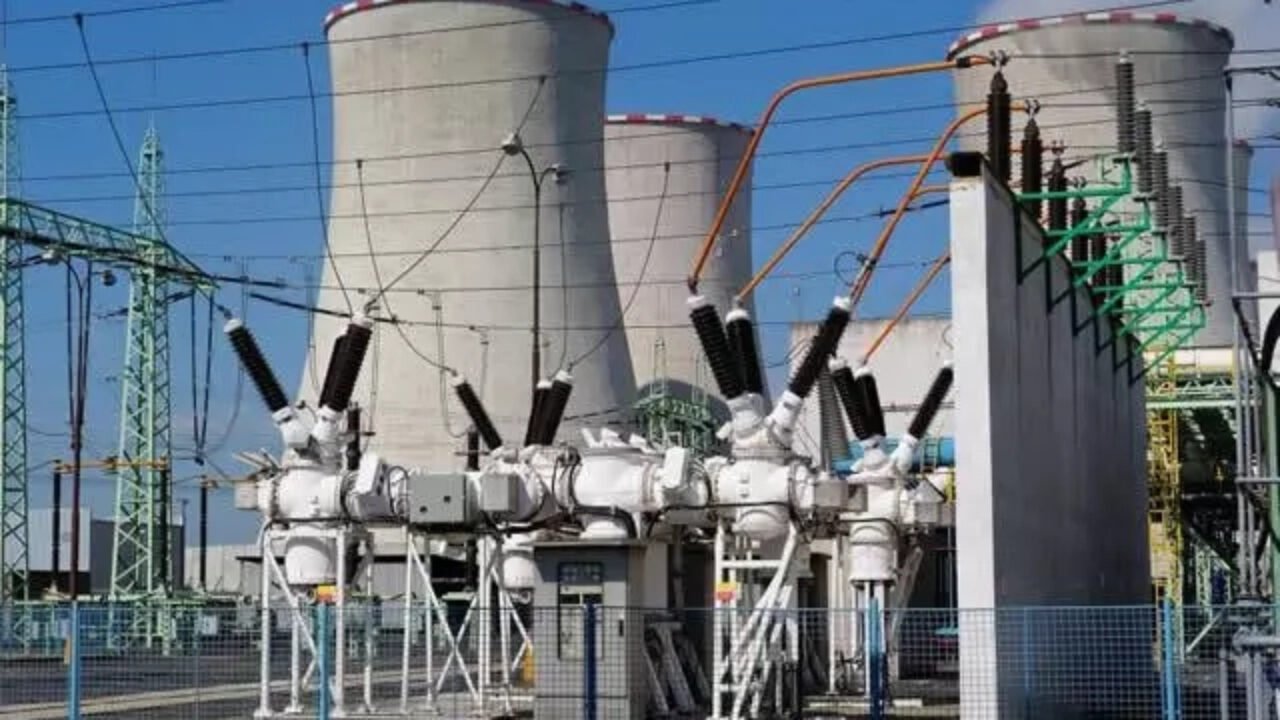



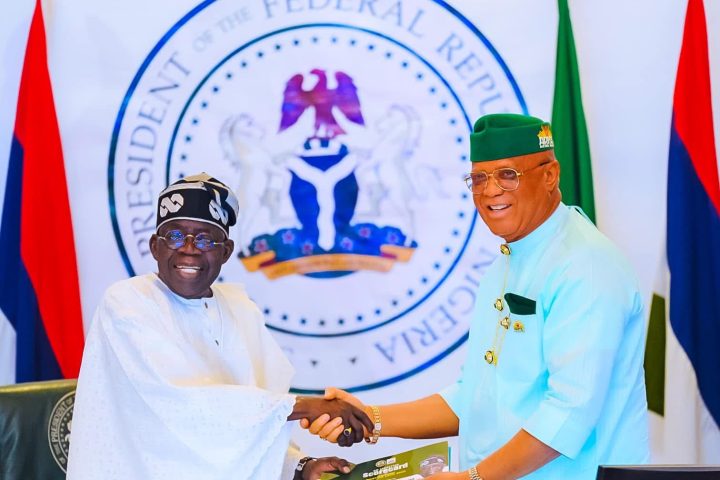

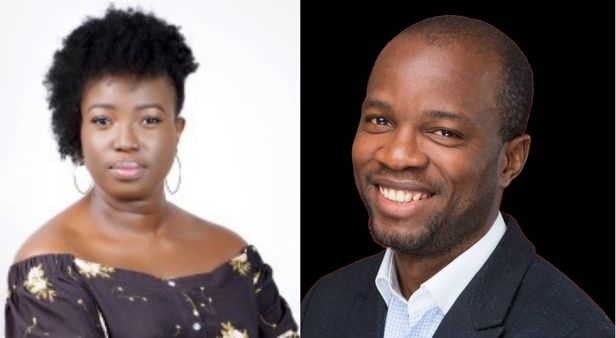








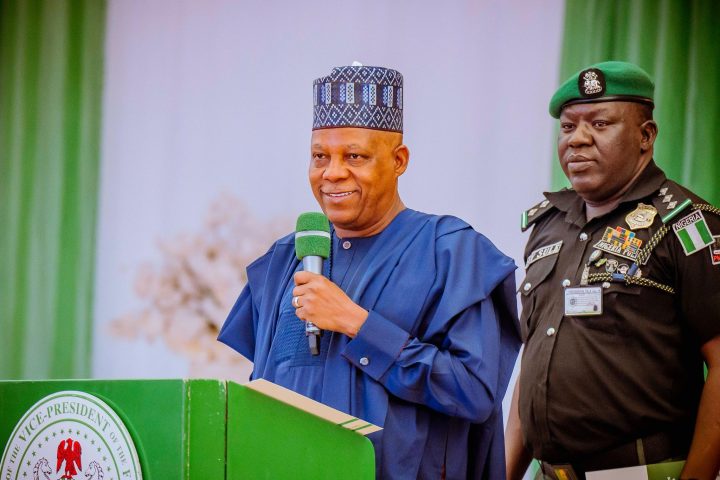

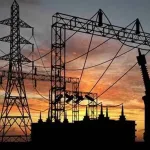
Follow Us